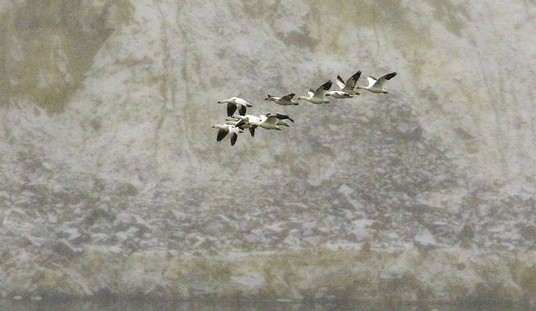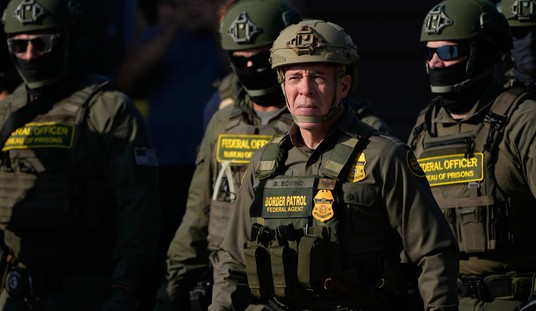This has been quite a week. Unable to travel to the United States I missed a dinner by the Hungarian American Coalition in honor of former New York Governor George Pataki, a good Hungarian-American. I was supposed to escort 45 young Europeans and Americans through a program called “Europe meets America,” an effort to bring the youths of America and Europe closer. I had to skip an event by the Tom Lantos Foundation on freedom of the press in the Middle East on Capitol Hill. Of course, I also had to cancel a number of meetings with some of my friends, among them Mark Palmer, the former U.S. ambassador to Hungary and my hero in the diplomatic profession. Also, I was forced to miss meetings at the Atlantic Council, and with some leading journalists.
This is not name dropping. This is part of one single person’s agenda for a short visit to America to strengthen ties. This is a result of the chaotic mess in the European airspace following the eruption of the Eyjafjallajokull volcano on Iceland.
A transportation economist by training, I was shocked by the lack of coordinated efforts to minimize the effects of the interruption in air traffic within Europe and across the Atlantic. Tens of thousands were stranded at airports all over the world.
The blame game began immediately. The private sector pointed fingers at the lame European Union, saying that it was lack of leadership which lead to the chaos. Airlines were pushing for the opening of the airspace quickly while governments dithered. Too much national authority, not enough courage, the airlines said.
Eurocontrol, the EU organization which manages our airspace, was cautious. Look at the United States, the critics cried! It would never have taken so long!
There will be lessons drawn from the experience. The European Commission will adopt new directives; there will probably be a union-wide investigation; and the governments will most probably bail out the airlines, who will in return blame all their losses on the Icelanders.
Next time around, we will have to be better prepared.
However, we shouldn’t jump to conclusions too quickly. We Europeans are spoiled brats. We just can’t imagine something like this happening to us. While we feel sorry for the rest of the world, our societies have had it too good and too safe for too long. The same people who urged the early opening of the airspace would have sued the governments for the loss of lives had there been a single catastrophe as a result of damage to the airplanes. And thank God the leaders in Europe chose to protect life and not bend to pressure. It is right that human life comes first. And we should stick to that principle and not forget that this is the backbone of our values in our free and democratic societies.
I remember an event a quarter of a century ago with similar circumstances. On April 26, 1986, there was a nuclear disaster in the city of Chernobyl in the former Soviet Union. For days and weeks after the accident, radioactive material was spewing from the site, and the winds and the rain brought it down on Central Europe, Hungary included.
The communist authorities, probably at the request of the Soviets, decided to lie about the hazards. A calculated risk to human life was fine. When the director for nuclear safety at the time was asked if it was all right to take children outside, he lied. He didn’t have the courage to say no to his party bosses or resign in protest, despite the fact that he knew very well what the risks were. They should have ordered the population to stay indoors, to protect the children from the nuclear fallout. They should also have banned all transportation through the contaminated territory. At that time, thousands and thousands of truckloads of goods were shipped from Hungary through the Chernobyl territory. One of the drivers was my own cousin. Twenty three years later, he died of bone marrow cancer.
With this in mind, we should all be grateful that our authorities took no chances. Real leadership is not about taking chances, it is about sticking to values. Yes, we must improve the system. Yes, Europe must have better coordination. Yes, we should also allow for more authority for Brussels.
We should also learn from others, including the U.S.
In the rush to fix the system however, we should not abandon our principle of protecting the life of every single human being. Even just one life is worth more than the combined losses of all airlines together.









Join the conversation as a VIP Member